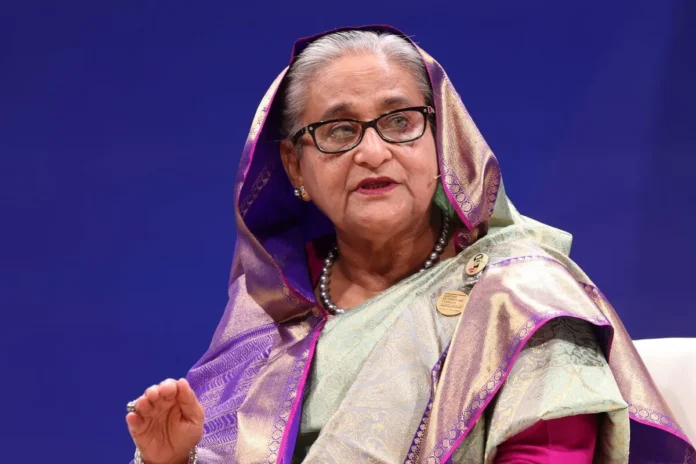Overview
In a surprising and sudden change in Bangladesh’s political scene, Prime Minister Sheikh Hasina has stepped down and left the nation. This abrupt action comes after weeks of increasing demonstrations and a firm deadline given by the military, causing lots of doubt and guesswork about what lies ahead for the country.
Background and Escalation of Protests
Sheikh Hasina, a prominent political figure in Bangladesh, has been in office as Prime Minister for more than ten years, during which time there has been notable economic growth alongside allegations of authoritarian rule and unethical behavior. Discontent had been building up for years, until it erupted into widespread protests with participation from students, opposition groups, and civil society activists. The demonstrations were sparked by a range of issues, such as claims of election manipulation, limits on expression, and economic struggles experienced by the people.
Dhaka March: The Turning Point
The “Dhaka March” in the capital escalated to a critical point, becoming a large-scale protest that turned violent. Protesters and security forces engaged in conflict, leading to several deaths and numerous injuries. The protests’ strength and the government’s reaction gained global notice, creating huge stress on Sheikh Hasina’s leadership.
Military Ultimatum and Resignation
In the midst of the disorder, the Bangladesh Army gave Sheikh Hasina a 45-minute ultimatum, urging her to step down in order to avoid more violence and bring back peace. In response to the risk of a military coup and more violence, Hasina decided to resign. Reports indicate that as the political crisis in Bangladesh intensified, she sought refuge and safety in West Bengal, India.
Domestic and International Reactions
Reactions to Sheikh Hasina’s resignation were diverse. Demonstrators who had been calling for her to step down rejoiced at her resignation as a triumph. On the other hand, her followers were surprised and upset, worrying about the possibility of uncertainty and an empty seat of power. Globally, there was a surge of worry about the future security of Bangladesh. Several countries, such as the US and EU states, urged for peace and a calm transfer of power.
Bangladesh Army’s Role and Future Prospects
After Hasina left, the Bangladesh Army Chief spoke to the nation, asking for peace and pledging to bring back stability. Nonetheless, the possibility of military control has sparked important worries. Critics are concerned that a military coup may result in more violations of human rights and a reversal of democratic advancements in the nation.
Implications and Challenges Ahead
The resignation of Sheikh Hasina signifies a crucial point for Bangladesh. The first priority of the temporary government will be to secure the nation and arrange democratic elections. Nevertheless, the path forward poses difficulties. The government needs to tackle the root issues leading to the protests, including corruption, financial disparities, and limitations on individual rights. It is crucial for the future of the country to guarantee a smooth transition without additional violence.
In conclusion
The stepping down and exit of Sheikh Hasina are major occurrences in the political history of Bangladesh. During this tumultuous time, the international community’s support and vigilance will be essential as the nation moves forward. It is essential for the stability and advancement of Bangladesh that it continues to follow a democratic trajectory while upholding human rights and the rule of law.



